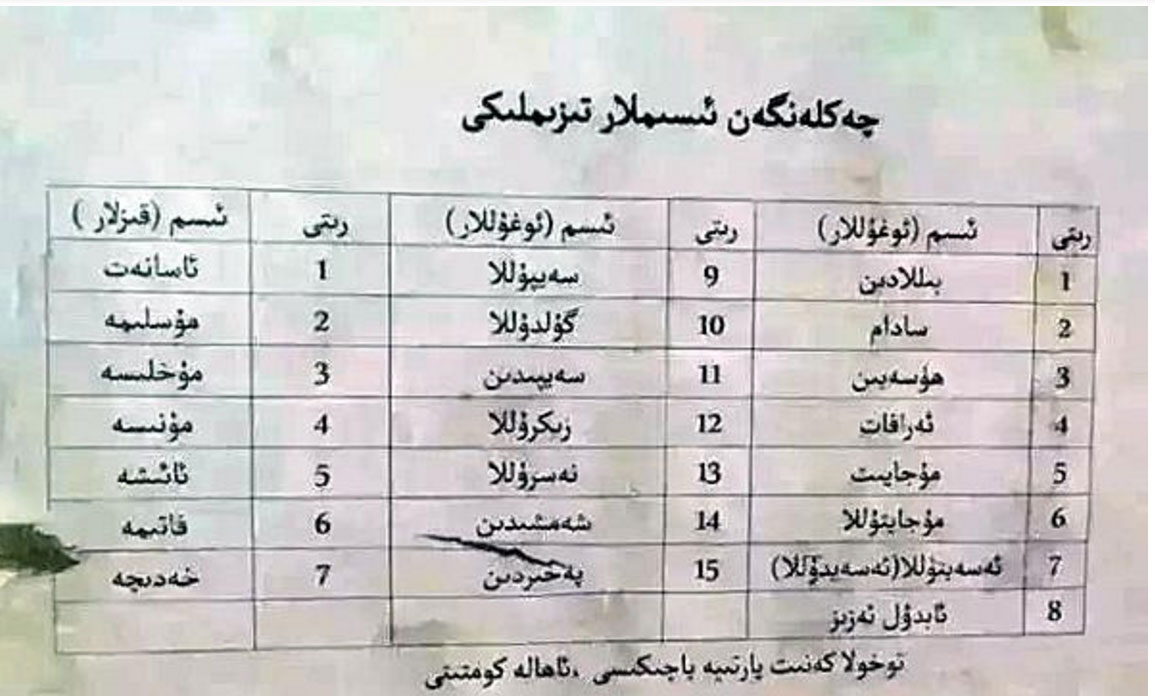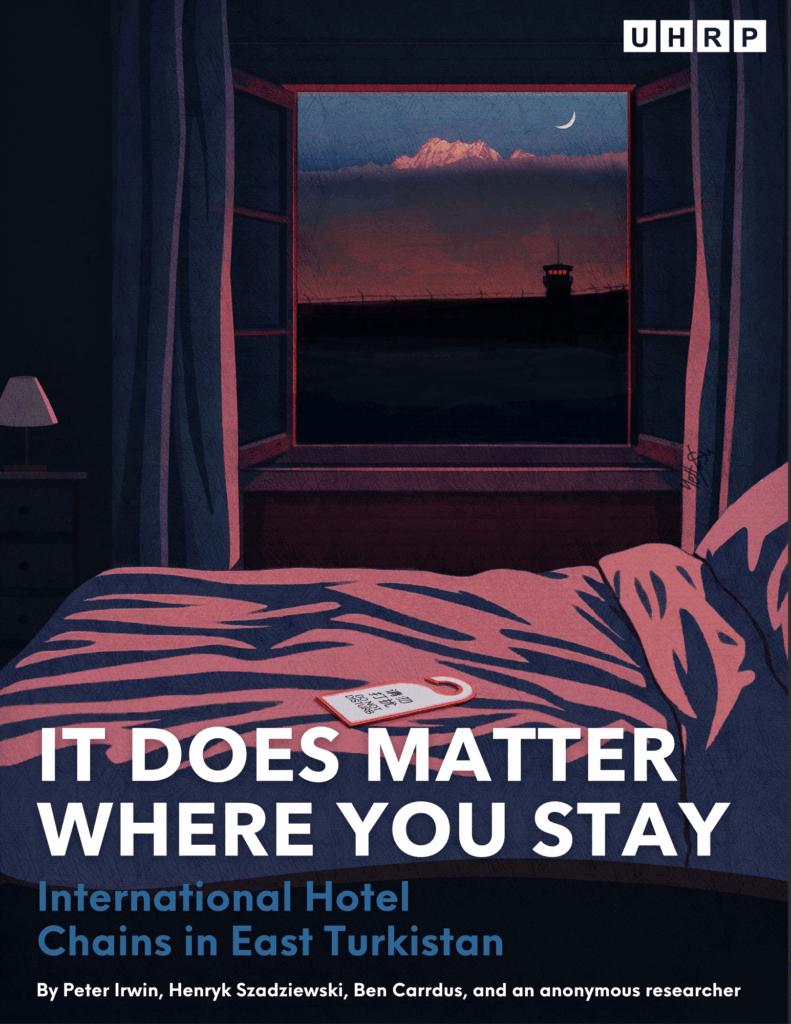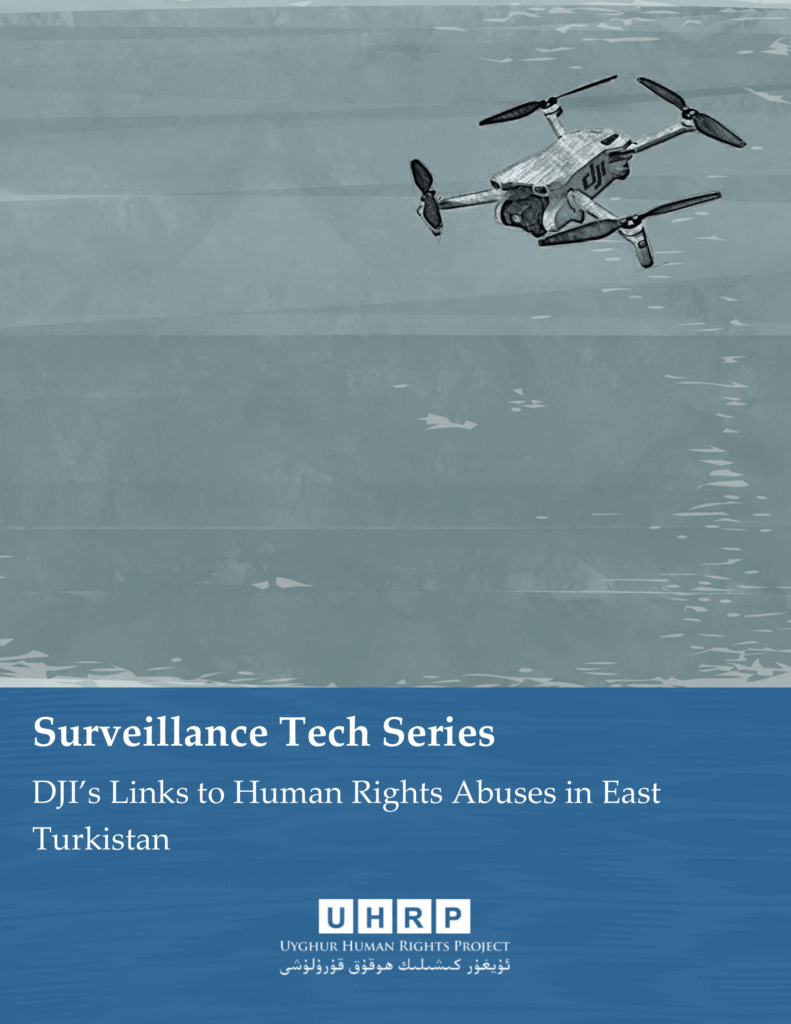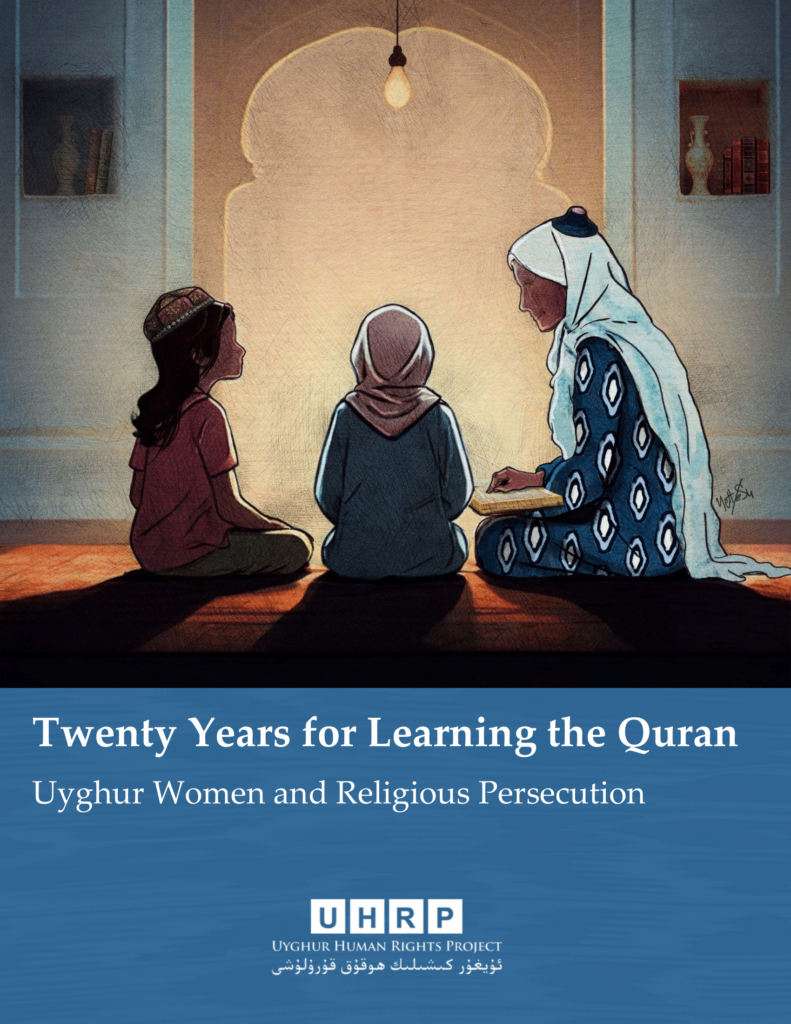The Uyghur Human Rights Project (UHRP) expresses alarm at recent measures preventing Uyghurs from choosing state restricted names for their newborn children. UHRP believes the measures constitute part of a Chinese government process to regulate the most personal aspects of Uyghurs’ lives. The intrusion in the privacy of Uyghur individuals, families and communities aims to assimilate Uyghurs into a state-approved version of identity that has already eroded the use of the Uyghur language and adherence to Islam.
“The measures curbing the use of certain names among Uyghurs is an assault on the Uyghur culture. The names restricted by the state are not ‘foreign’ to the Uyghur culture, they are names that have been used by Uyghur parents for generations. Islam is an integral part of the Uyghur identity, so it is only natural that some Uyghur names reflect this aspect of lives,” said UHRP Director, Omer Kanat in a statement.
Mr. Kanat added: “The Chinese government has yet to successfully explain how these restrictions on names will promote stability and peace in East Turkestan. This intrusion into Uyghurs’ private lives is an unnecessary provocation following legal measures that even define the ways Uyghurs should dress. Instead of excessively micromanaging the everyday lives of Uyghurs, the Chinese government should focus on ending economic discrimination and political repression targeting Uyghurs.”
The intrusion of the Chinese state into Uyghur naming practices is the province-wide ban on 29 names determined to be an expression of extremist Islam or “splittism.” This would appear to be a means of instituting the “Xinjiang Uyghur Autonomous Region Regulation on De-extremification” which entered into force on April 1st of 2017. Article 9 lists”spreading religious fanaticism through irregular beards or name selection” as one of 15 “primary expressions of extremification.”
This is not the first time that naming laws have come into effect in East Turkestan. Laws that are passed at the provincial level are often tested at a prefectural level first. This was the case when in September 2015 Radio Free Asia reported local authorities in Hotan in the south of East Turkestan banned 22 names to discourage extremism. Many of the names are ones used commonly in both East Turkestan and across the Muslim world, including names like Fatima and Aisha for girls and Nesrulla and Shemshiddin for boys.
Parents in Hotan were told that their children would not be permitted to attend school if they had names from the forbidden list. Not only were parents not allowed to give the designated names to their newborns, they were also forced to change those of their existing children. A local woman told Radio Free Asia the authorities came to her house and ordered her to change the name of her daughter Muslime: “The police explained to us that a name such as Muslime was officially forbidden. Under such circumstances, we were forced to change our daughter’s name.”

The new province-wide law entitled “Naming Rules for Ethnic Minorities” increases the number of banned names to 29, including Islam, Quran, Mecca, Imam, Hajj, and Medina. Many of the names are those on the earlier Hotan list, including Fatima and Aysha. Officials told Radio Free Asia that those with banned names would neither be able to register for a hukou, nor send their children to school or be permitted to use the health care system.
Like other Muslims, Uyghurs traditionally hold a ceremony during which they confer their chosen name on their newborn. This ceremony, along with weddings and funerals, is one which some localities require notification before they take place. Imams, who are traditionally present at naming ceremonies, have been ordered to obey the new name blacklist and enforce the rule.
Dilshat Raxit of the World Uyghur Congress said: “In setting limits on the naming of Uyghurs, the Chinese government is in fact engaging in political persecution under another guise…They are afraid that people with such names will become alienated from Chinese policies in the region.” Names like Yultuzay, meaning star and crescent, are believed to have a separatist meaning by the authorities, but they also have a religious one. UHRP believes those Uyghurs already bearing names that have recently become banned may face social and economic discrimination as the law becomes normalized in the region.
Chinese officials described the new provincial level ban as part of a program to “curb religious fervor,” but the connection between many of the listed names and separatism or radicalism is not entirely clear. Like most Muslims, Uyghurs began drawing from the Koran as a source of names for their children after converting to Islam; today approximately 80 to 85 percent of Uyghur names are of Arabic or Persian origin. Muslim names are not only a reflection of Uyghur faith, but also an ingrained part of the culture as much as Biblical names are in the West.
The official system for registering Chinese citizens makes no accommodation for Uyghur language and names. Article 99 of the Chinese Civil Law Code guarantees that citizens “enjoy the right of personal name and shall be entitled to determine, use or change their personal names in accordance with relevant provisions,” but Uyghurs’ names are closely regulated by the state. Ilham Tohti described “the pain and inconvenience ordinary Uighur suffer when using public services” in his “Present-Day Ethnic Problems in Xinjiang Uyghur Autonomous Region: Overview and Recommendations”
To register for an identity card, for example, one is required to fill in a form with one’s personal information. With no consideration for the majority of Uighurs who do not understand Chinese, the form only provides one column heading for “Chinese name.” Even if one were to fill in Pinyin, the Chinese transliteration of one’s Uighur name, the form is nearly impossible to fill out because it does not take into account differences in Uighur naming conventions. Since census registration was digitized, some local governments have introduced policies that force Uighurs to choose from a list of commonly used names; if their names are not on the list, they are not allowed to register.
There is no official guide to transliterating Uyghur names into Chinese, and transliterating them into Chinese characters creates only an approximate pronunciation. A Uyghur name can be variously transliterated and in Mandarin sound considerably different from the intended name. In “Situating the Uyghurs Between China and Central Asia,” scholar Asad Sulyman gave examples of the common female name Ruqiya being transliterated as 如合牙(Ruheya), 茹克亚 (Rukeya), 鲁克雅 (Lukeya), 肉赫娅 (Rouheya),柔合亚 (Rouheya) and so on, or the common male name Muktar transliterated into 木合塔尔(Muheta’er), 穆合塔尔 (Muheta’er) 莫合塔(Moheta) or 默赫塔儿 (Moheta’er), etc. Because these names are printed on official documents like passports they become the bearer’s official name. When printed in these documents they are likewise printed in the Chinese surname-given name form, rather than the Uyghurs’ traditional given name-surname pattern, adding to the confusion.
See also:
China targets parents with religion rules in Xinjiang
Imagining Re-Engineered Muslims in Northwest China
https://www.milestonesjournal.net/imagining-re-engineered-muslims-in-northwest-china/
China attempts to criminalize every aspect of Uyghur religious belief and practice
Sacred Right Defiled: China’s Iron-Fisted Repression of Uyghur Religious Freedom
A Uyghur Human Rights Project briefing by Henryk Szadziewski. Download the full briefing in English here.
FEATURED VIDEO
Atrocities Against Women in East Turkistan: Uyghur Women and Religious Persecution
Watch UHRP's event marking International Women’s Day with a discussion highlighting ongoing atrocities against Uyghur and other Turkic women in East Turkistan.



